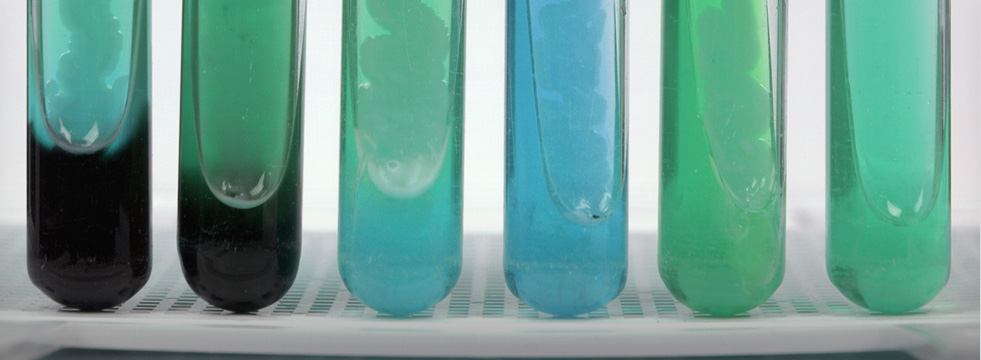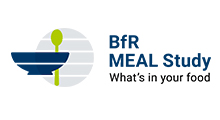Das Bundesinstitut für Risikobewertung
The following questions and answers provide information on how frequently plant poisonings occur in Germany and what to do in the event of a suspected poisoning.
more
Capsules and cylinders containing laughing gas can now be purchased in many online shops, petrol stations and kiosks. They are officially sold for use in whipping cream. Yet, some people use laughing gas primarily as a ‘party drug’ because inhaling it causes hallucinations and euphoria.
more
Following the discovery of quantities of lead released from portafilter espresso machines after the descaling process, the German Federal Institute for Risk Assessment (BfR) has drawn up questions and answers to inform consumers.
more
According to measurements carried out by a magazine, part-baked bread rolls available for purchase contain traces of plant protection product (PPP) residues and mineral oils. In this context, the German Federal Institute for Risk Assessment (BfR) wishes to clarify that detection of residues in foods does not necessarily constitute a health risk for consumers.
more
Foot-and-mouth disease (FMD) is a highly contagious viral disease in cloven-hoofed animals. The FMD virus is not hazardous to humans. On 10 January 2025, FMD was detected on a water buffalo farm in the district of Märkisch-Oderland in Brandenburg.
more













